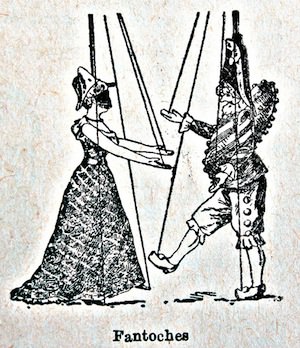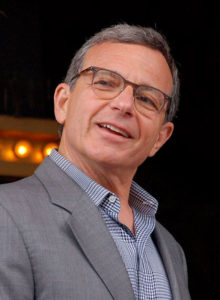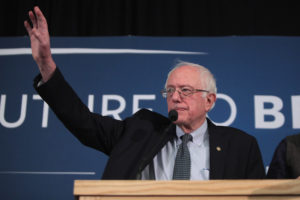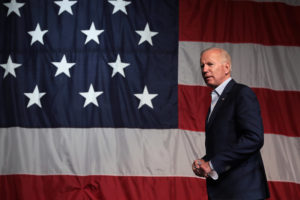How the Media’s Experts Became Better Than You
The job of corporate news pundits is to appear to say true and important things without attaching those views to themselves or their employers, writes Thomas Frank in the April issue of Harper's Magazine.
The job of corporate news pundits is to appear to say true and important things without attaching those views to themselves or their employers — to phrase every claim in the contingent form — writes Thomas Frank in the April issue of Harper’s Magazine.
Frank’s latest “Easy Chair” column begins with a comment overheard during a conversation about austerity on NPR. “[H]istory just argues incredibly strongly against it,” David Leonhardt, Washington bureau chief of The New York Times, said. Frank agrees with the point — “Austerity is a bad idea” — but why cast history as a thing that argues, he asks? That’s to turn history into a member of the commentariat, a smug class of self-described experts that appears daily on CNN, FOX and MSNBC, where it professes “bright ideas” while wearing “solid midtone ties.”
Frank was a high school debater in the early 1980s. “We talked that way all the time,” he writes. “Arguments were what allowed us to keep score,” but they were a game — “a game for teenagers. … The point wasn’t for an individual debater to believe any particular argument and win the room over with the radiance of his faith; it was for him to be able to argue anything. Insincerity was essential.”
“For the commentator class,” he says, “the usage has a similar distancing effect. It’s a kind of shortcut to objectivity, and suggests that the pundit in question doesn’t actually believe something — oh heavens no — but is merely reporting that the belief might be held by someone, somewhere. So when Nina Easton appears on Fox News and says … that ‘one could argue that Barack Obama’s smartest political move was putting Hillary Clinton in his Cabinet so that she wasn’t outside with Bill Clinton causing mischief,’ she isn’t actually asserting this as the truth. She’s only reporting that one might assert this, were one so inclined.”
Modifying “argue” with “could” or “would,” as Easton did, “distances the wise person even further from the forbidden stuff of opinion.” In law and politics, such talk strikes the contemporary listener as normal. But when taken up by a celebrated contemporary novelist, it’s a different story. Junot Diaz recently used the convention while describing a character in one of his stories: “What we’re left with is a character who, for the first time in his life, I would argue, is capable of being in a normal relationship.”
Frank is awed by this. “Here we seem to be witnessing a deliberate and extraordinary divorce of speaker from subject. After all, who knows the development and the mental state of Díaz’s character better than Díaz himself? He labored over this short-story collection for sixteen years. Surely he can indulge in a little straight talk about his own creation without carefully leaving himself a rhetorical escape hatch.”
That Diaz, an artist, would assume the pundit’s habit of muddying a statement is discouraging to those who view artists as precious defenders of truth. Some want to inform their audiences that they’re in the “presence of a professional.” And professionals “don’t simply assert things but instead argue for them,” or “contend” that they “would” argue for them “in high minded settings like legal briefs and scholarly journals.” That is how, in America, enlightened people are supposed to speak. And that is how those who wish to be well regarded by members of the prevailing legal, media and political class cultivate and maintain their superiority to the rest of us, Frank posits.
“[W]e have seen enough to understand that the goal of the pundit cliché is to define and defend the class position of the pundit, to distinguish between the exalted them and the vast, sweating world of not-them,” he writes. “One part of this specialized vocabulary points toward elitism, the other toward blaring pseudopopulism, but if examined closely, both parts give away the game. This lingo is the jittery patter of a would-be democratic aristocracy, utterly incapable of introspection and yet better than the rest of us in every way.”
— Posted by Alexander Reed Kelly.
Your support matters…Independent journalism is under threat and overshadowed by heavily funded mainstream media.
You can help level the playing field. Become a member.
Your tax-deductible contribution keeps us digging beneath the headlines to give you thought-provoking, investigative reporting and analysis that unearths what's really happening- without compromise.
Give today to support our courageous, independent journalists.






You need to be a supporter to comment.
There are currently no responses to this article.
Be the first to respond.